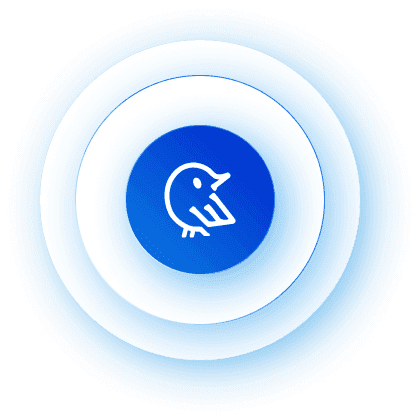GAME’s ON Unlocking Gaming Analytics How Wren AI Transforms Backend Data Into Actionable Insights
How Wren AI Turns Natural-Language Questions Into Cost-Efficient SQL to Accelerate Insights from Gaming Data

Allison Hsieh
Updated: Oct 07, 2025
Published: Aug 20, 2025
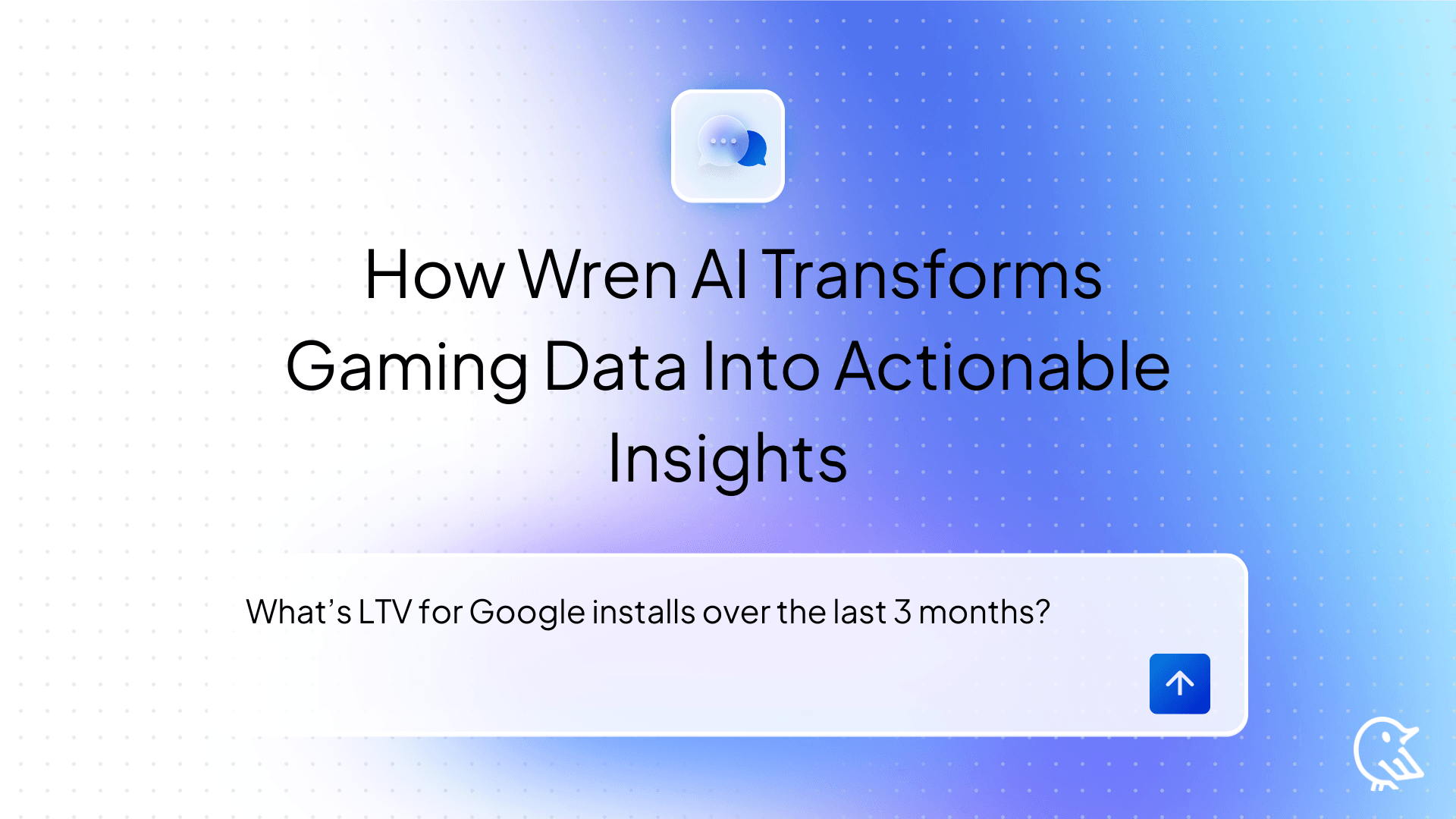
Modern game platforms run on data. Every click, coin, and campaign leaves a footprint, from ads and microtransactions to session stats and affiliate activity. These datasets hold the key to growth, but here’s the problem: the SQL queries that unlock answers are often slow, compute-heavy, and expensive.
Fraud detection, revenue-sharing models, retention tracking. They all require multi-table joins and deep scans. Run them inefficiently, and you’re burning credits as fast as you’re generating insights.
The Challenge
Waiting on SQL queries doesn’t just slow down decision-making; it delays critical product and business insights.
With Wren AI, teams can move from question to answer in seconds, using natural language to query backend data directly. This reduces reliance on analysts, shortens feedback loops, and keeps projects moving forward without the usual BI bottlenecks.
That’s where Wren AI steps in.
As an open-source Generative Business Intelligence (GenBI) tool, Wren AI translates natural language questions into SQL that follows warehouse best practices. Instead of being its optimizer, Wren AI helps shape queries so platforms like Snowflake can execute them more efficiently. The result: lower operation costs, faster answers, and accessible analytics for both technical and non-technical teams.
The Semantic Layer: Where Optimization Begins
Wren AI is built around a Semantic Layer, a system of Instructions, Question↔SQL pairs, and semantic definitions that guide how queries are generated.
- Instructions: Steer query patterns (e.g., “filter on
session_dateandgame_idfirst,” “avoidSELECT *,” “aggregate before joins”). - Question↔SQL pairs: Save your best, most cost-efficient SQL; future prompts can reuse or adapt them, avoiding reinvention and bad SQL.
- Metrics/semantics: Define canonical measures like LTV, D2 retention, or cohort logic, so every query uses the same efficient formula.
The Semantic Layer doesn’t tune the data warehouse directly. Instead, it provides the context and business logic that guide the NL→SQL agent to generate higher-quality queries and reuse proven ones. The real performance improvements come when cloud platforms like Snowflake apply their own optimizations, such as partition pruning, clustering, and caching, to those well-structured queries.
That’s why Wren AI’s Semantic Layer is best understood as a knowledge-driven enabler of consistent, efficient query generation. It ensures teams ask questions in a way the warehouse can execute effectively, reducing errors, improving reusability, and accelerating insights across the organization.
1. Making Revenue Streams Smarter
Revenue doesn’t come from one channel. It comes from ads, subscriptions, affiliates, payment fees, and in-app events, each with massive datasets behind them.
Wren AI helps teams explore these revenue streams by guiding SQL generation through its Semantic Layer, ensuring queries make use of existing warehouse features like clustering, metadata, and partition filters. Rather than tuning the warehouse itself, Wren AI enables teams to produce smarter, more consistent queries that align with best practices, reducing the risk of inefficient scans and accelerating time-to-insight.
That means finance and marketing teams can quickly surface insights like:
Which affiliates deliver the highest-value players
Which subscription tiers drive retention
Which in-app events generate the best margins
2. Turning Gameplay Data into Insights
Understanding how players interact in-game is just as critical as tracking revenue. Wren AI ingests granular stats like KDA ratios, session lengths, win/loss records and turns them into actionable SQL queries.
By applying warehouse-friendly query patterns, such as selective projections, partition filters, and leveraging existing metadata. Wren AI enables teams to refine and build knowledge and semantic context. These practices help minimize unnecessary full-table scans and keep compute usage efficient.
Wren AI gives teams deeper visibility into gameplay patterns while maintaining a fast, lightweight path to insights.
3. Solving Analytics Pain Across Teams
Backend data isn’t just for engineers. Marketers, product managers, and executives all need quick answers, but SQL has long been a barrier. Wren AI removes that friction.
User Engagement:
Query “Who signed in and played last week?”
Wren AI generates SQL that funnels sign-ins and sessions efficiently.
Transactions:
Query “Show Day-2 retention for Roblox vs. Bingo Blitz”
Wren AI writes SQL that applies cohorts and partition filters to avoid heavy scans.
Marketing Funnels:
Query: “What’s LTV for Google installs over the last 3 months?”
Wren AI ties together cost, install, and revenue tables with efficient joins that minimize compute use.
Strategic Oversight:
Query: “Summarize revenue by country and cohort month.”
Wren AI empowers every team, not just data scientists, to explore data, test hypotheses, and make faster decisions.
4. SQL Knowledge = Cost Efficiency
In modern cloud data platforms, compute is currency. Costs aren’t about how much data you store; they’re about how you query.
Take Snowflake’s Data Cloud as an example: every SQL query consumes credits, even if the analyst only needs a small slice of data. Wren AI doesn’t modify Snowflake’s internals, but it guides query generation so teams naturally take advantage of features like micro-partitions and result caching.
That’s why smarter SQL isn’t just a technical improvement, it’s a business advantage.
❌ Traditional SQL
- Risk of full-table scans
- Long runtimes
- Inefficient joins and repeated work
✅ Wren AI–Generated SQL
- Safe “dry runs” before execution
- Cached queries and knowledge reused across teams
- Faster runtime with reduced compute load
Unlike BI tools that reduce costs by limiting how much users can query, Wren AI enables teams to keep asking questions freely, while still producing consistent, warehouse-friendly queries that avoid waste and accelerate insights.
🚀 Final Thoughts
In today’s data-driven gaming ecosystem, speed and efficiency are everything. Wren AI enables organizations to:
- Generate warehouse-friendly SQL automatically
- Reduce query costs while scaling analytics
- Empower non-technical users with self-service insights
- Keep data exploration continuous without blowing through credits
Because one great SQL query is always cheaper, and more powerful than ten inefficient ones.
Whether you’re on Snowflake or another cloud data platform, Wren AI helps teams unlock more profound insights, spend smarter, and move faster.
Wren AI (getwren.ai) is your first step toward cost-intelligent querying by making every query smarter, faster, and leaner.
Supercharge Your
Data with AI Today
Join thousands of data teams already using Wren AI to make data-driven decisions faster and more efficiently.
Start Free TrialRelated Posts
Related Posts
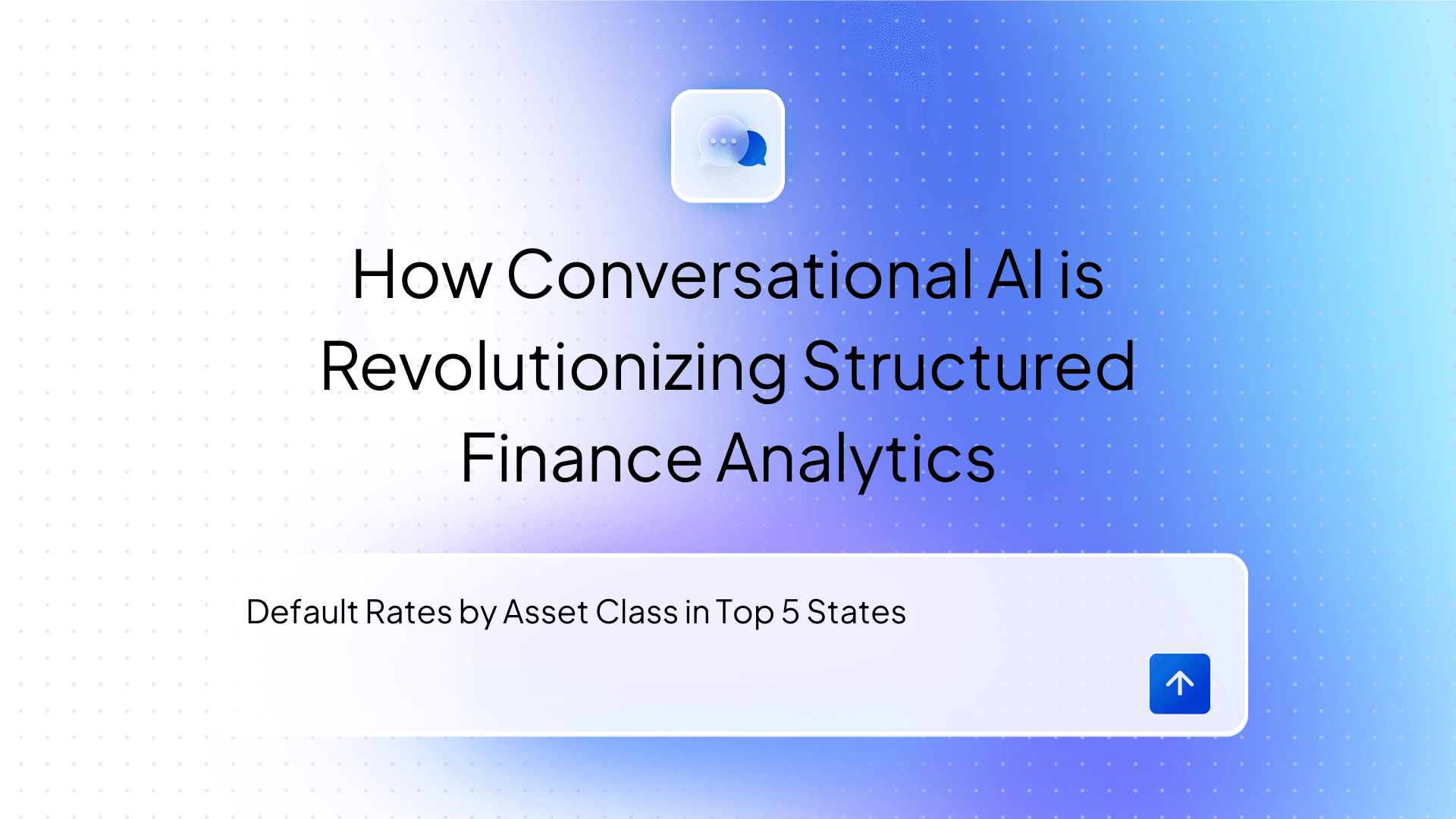
Beyond Dashboards How Conversational AI is Revolutionizing Structured Finance Analytics
How Wren AI transforms complex financial data into instant, actionable insights through natural language — no technical expertise required
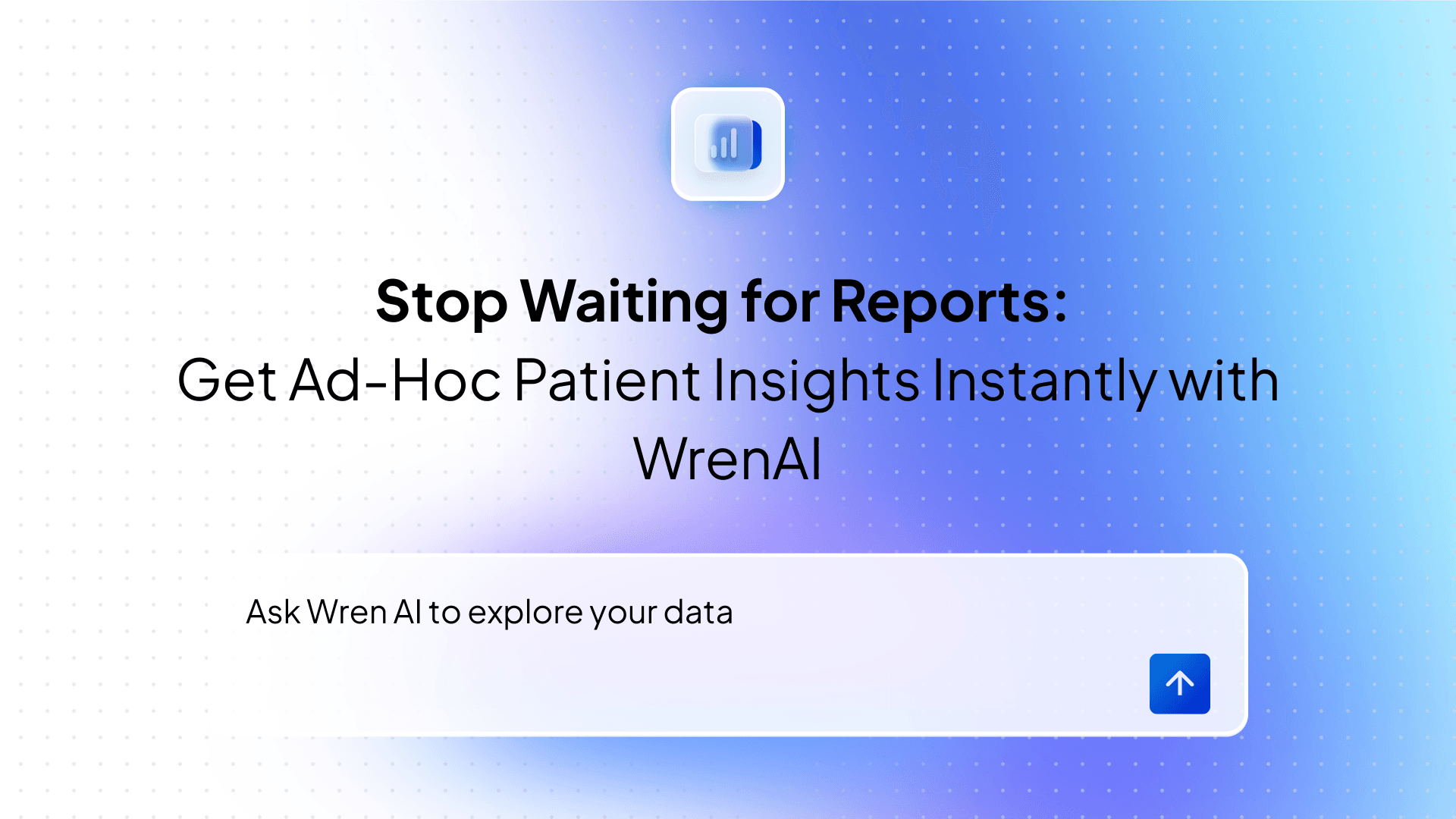
Stop Waiting for Reports: Get Ad-Hoc Patient Insights Instantly with WrenAI
Transform complex medical data into immediate, actionable answers through simple conversational queries, no manual analysis required.
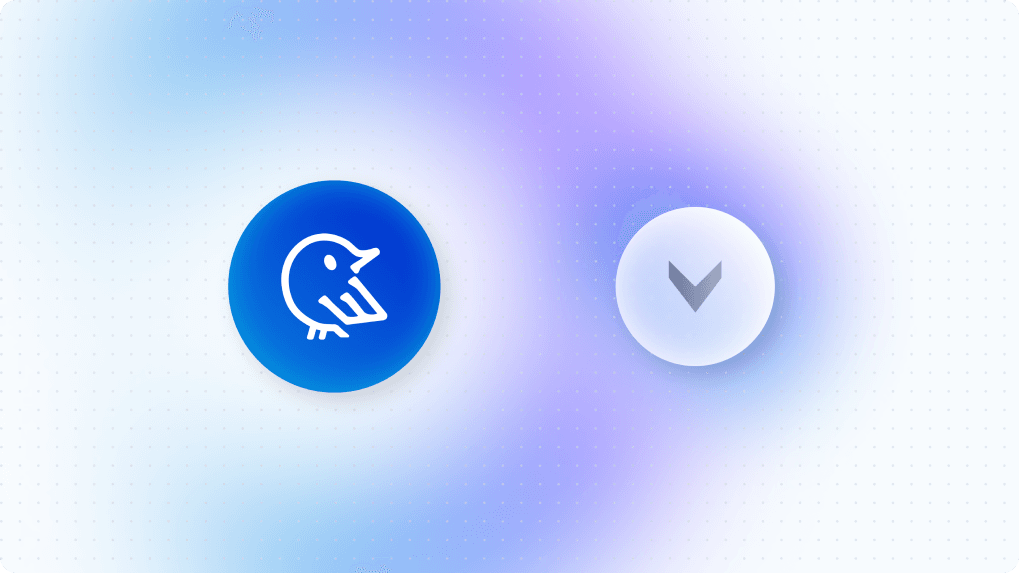
Wren AI vs. Vanna: The Enterprise Guide to Choosing a Text-to-SQL Solution
A Side-by-Side Comparison of Two Leading Open-Source Text-to-SQL Solutions for Generative BI and SQL Automation

